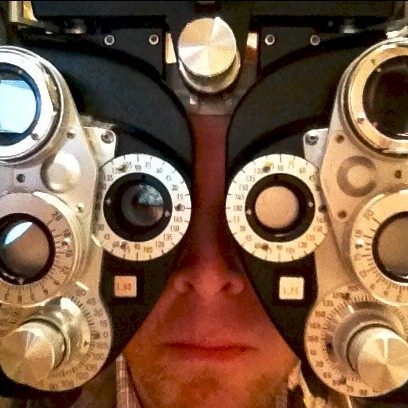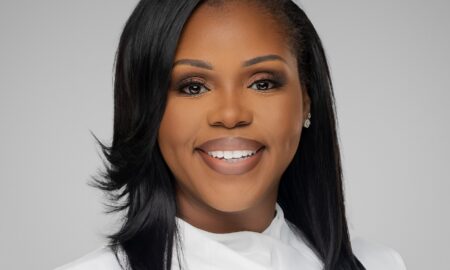

Today we’d like to introduce you to Mark Brodbeck.
Mark, let’s start with your story. We’d love to hear how you got started and how the journey has been so far.
My father was very handy; built furniture and could fix everything in the house. His father owned a bicycle shop in Toms River, NJ. I was 1993 graduate of Atlanta College of Art in Atlanta GA (now Savannah College of Art) with fine arts degree, concentration on Sculpture. The tool passion obviously carried forward!
Spent two years in Japan and dedicated myself to human service at that time. I returned to Atlanta and sought a Master’s Degree in Social Work. I was working at the Metro Atlanta Task force for the Homeless at the Peachtree and Pine facility, when I learned about the Atlanta ToolBank. I was immediately smitten with the idea, and took a job there as program manager in 2000.
I was the executive director of the Atlanta ToolBank from 2002 to 2008. A series of hurricanes struck the Gulf region in 2005, giving rise to the idea of replicating the ToolBank in other cities. In 2007, the Atlanta ToolBank pivoted from a building renovation to a replication strategy in the wake of the Great Recession. The Atlanta ToolBank leadership created ToolBank USA in March of 2008. I moved to the national organization, while we hired Patty Russart to replace me at the Atlanta ToolBank. She is still there – and doing GREAT.
We pursued the first new ToolBank in Charlotte, and then went for Baltimore and Cincinnati. Following those cities, we ramped up to Phoenix, Portland OR, Houston, Chicago, and Richmond VA. With encouragement from Stanley Black & Decker and UPS, ToolBank USA launched ToolBank Disaster Services to support communities struck by disaster.
I left ToolBank USA in August last year, to begin a consultancy called Brodbeck Board & Brass, which is a boutique consultancy dedicated to excellence in community leadership, specializing in nonprofit board development, executive staff coaching, and corporate engagement.
Overall, has it been relatively smooth? If not, what were some of the struggles along the way?
The ToolBank replication model of growing your own leadership is easily the most difficult and lengthy method of scaling. We relied entirely on local leaders to learn of, get familiar, get excited, become willing to help, and then ultimately become willing to champion the creation of a ToolBank in their city. The average standup from introductions to Opening Day was roughly 45 months! I was told repeatedly through the years that this model would never work, and many other nonprofit leaders told me that they had all tried it and failed. It felt good to succeed!
ToolBank USA – what should we know? What do you guys do best? What sets you apart from the competition?
As a nonprofit professional, I work hard to establish a high level of accountability and performance with my boards of directors. Our model to create new boards in new cities reflected this concept, for without their direct engagement, the effort would surely fail. Everyone wants to find meaning in their lives, and board service is a stellar place to find it, as long as accountability is kept as part of the service expectation. I have developed numerous approaches to director onboarding, executive communications, and team accountability that are unique to the nonprofit sector. These practices allowed ToolBank USA to punch well above its weight class, as longtime donors were regularly shocked to learn that this national powerhouse was operated by five full time staffers!
I’ve worked very hard to adopt business practices that work, in BOTH the for-profit and the nonprofit sector. At the same time, both sectors have common practices that don’t work, but are still treated as prevailing wisdom. Further, many strategies that are highly successful in one sector have no parallel in the other, yet are frequently applied, regardless of outcomes. Remaining present and having a clear mind on all viable strategies has unearthed what I consider to be some of the most effective methods of cultivating community leadership.
What is “success” or “successful” for you?
I want all board members to be champions. Board service is not a volunteer opportunity, it’s an opportunity to be a champion. If a director identifies completely with the organization where he/she serves, we’re on the right track. It’s an avenue of increased responsibility through which a person can truly change the world. To do so requires a level of internal AND external accountability not realized in *either* the for-profit or nonprofit sectors. High-performing leaders in the corporate world commonly experience some of their most frustrating moments while serving on boards, because the majority of their skillset is not directly applicable to the strange world of nonprofits. I work to make board members bilingual in both sectors.


Getting in touch: VoyageATL is built on recommendations from the community; it’s how we uncover hidden gems, so if you know someone who deserves recognition please let us know here.



















